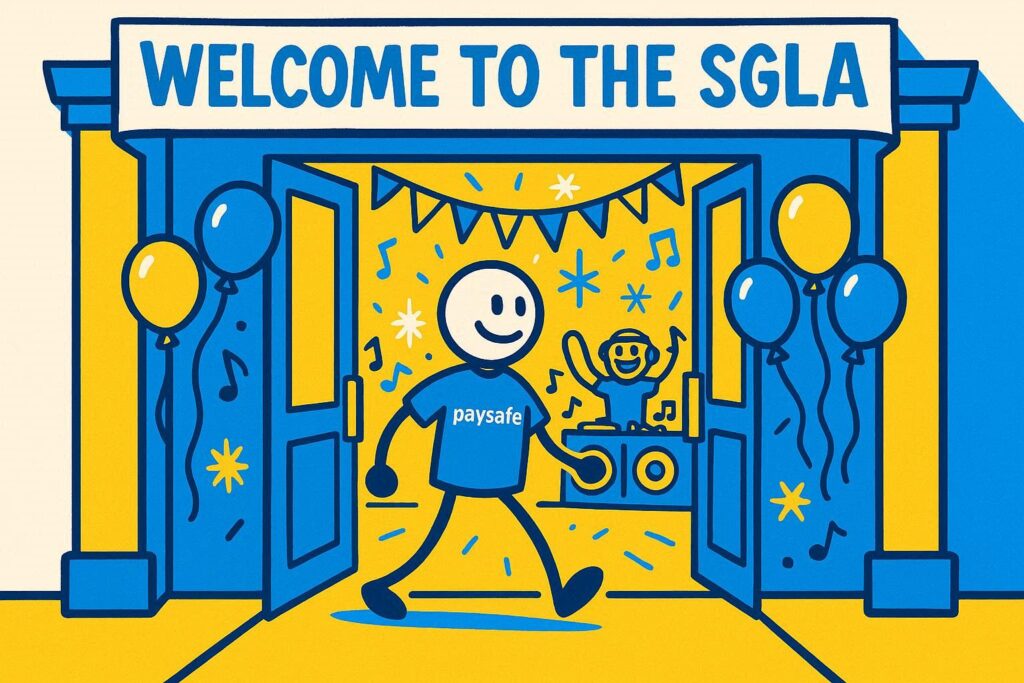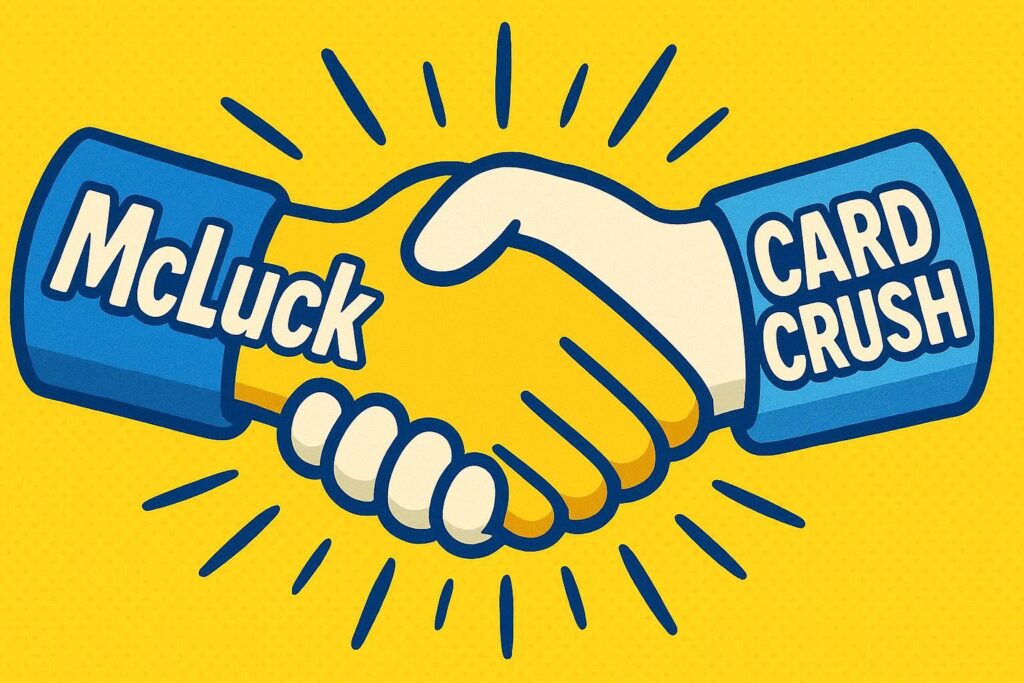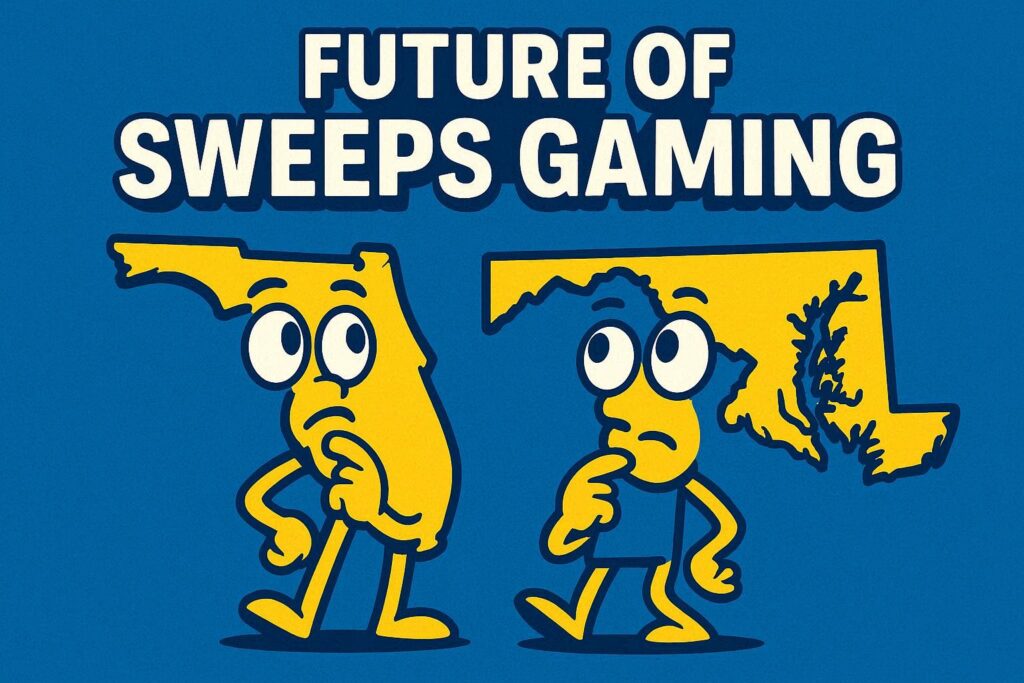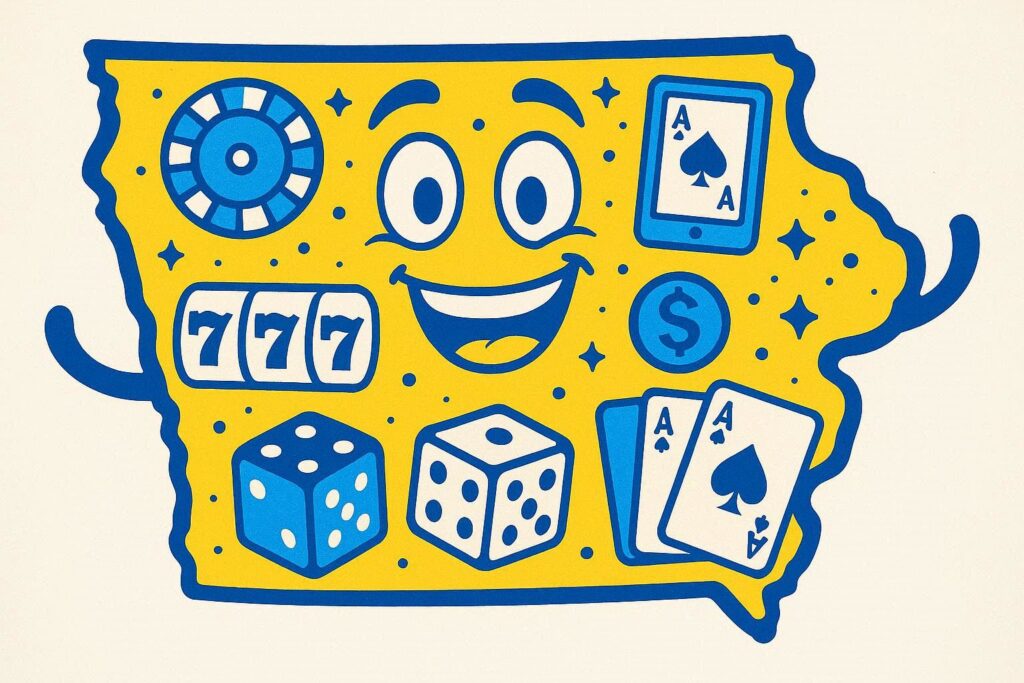The online sweepstakes gaming industry has been battered and bruised so far in 2025.
Market size, and therefore revenue potential, has shrunk thanks to legislation banning sweeps casinos in several states — none more notable than New Jersey, New York, and now, as of Sept. 12, California.
Perception has soured, too, as regulators and attorneys general have issued cease-and-desist letters to sweeps operators — including deluges of letters sent in New York and Louisiana, and smaller handfuls in Maryland and Arizona.
Then there’s recent lawsuits in California and Louisiana, which differ from previously ineffective class action lawsuits and instead position the state or a state agency as the plaintiff.
Still, even with all that, it’s important to have a full perspective.
And that perspective, according to Jeff Cohen, Head of Origination at PvX Partners, an investment fund that provides non-dilutive growth capital to consumer-focused apps (including gaming apps), is that, despite the minefield of 2025, sweeps casinos aren’t going away and will continue to have a place in the larger gaming marketplace.
“Overall,” Cohen told Sweepsy, “I think sweepstakes is too popular and lucrative to disappear, which will force regulators to carve out a framework rather than shut it down.”
The future? ‘A patchwork of state-by-state rules’
To back up his claim, Cohen alluded to an industry that faced challenges akin to those of sweeps in 2025 but survived and has now carved out a niche for itself in the overall United States gambling and gaming ecosystem (and this industry has an operator that was just valued at $2.5 billion — more on that later.)
Daily fantasy sports. Specifically, DFS pick ‘em-style contests.
“I think sweepstakes is likely to follow a similar path as DFS 2.0,” said Cohen, who previously worked as an equity research analyst covering social gaming companies like Zynga and SciPlay. “Right now they sit in a gray zone, drawing aggressive pushback in some states while being tolerated in others, just like DFS did in its early years.
“Over time, the most likely outcome isn’t a national ban but a patchwork of state-by-state rules.”
Time moves fast in the industry, so it can be easy to forget that, not too long ago at all, DFS was front and center in the sector’s spotlight of scrutiny, much like sweeps casinos are now.
From late 2023 into early 2024, DFS pick ’em contests were a topic of hot debate.
These games — where players make a series of predictions whether athletes will go above or below set statistical marks in their games — drew sharp criticism for being too similar to prop bets in traditional sports betting. That argument gained traction with regulators, attorneys general, and legislators, especially in states where sports betting was not allowed and DFS pick ‘em contests were seen as circumnavigating state law.
Several states, including Arkansas, Florida, Kansas, Arizona, and Mississippi, issued cease-and-desist orders to operators such as PrizePicks, Underdog Fantasy, and Betr.
Others took the legislative route. New York changed its laws to prohibit pick ’em contests, a move that cost PrizePicks $15 million in fines and forced the company to end that product in the state. Michigan followed with a similar ban.
Maine, Missouri, North Carolina, and Colorado also implemented changes, restricting what DFS companies could legally offer in those states.
For a time, it seemed like every week brought fresh pushback from another state. Just like now, where it seems we’re often hearing of a new series of cease-and-desists, a new lawsuit, or, for a time, a new piece of legislation targeting sweeps casinos.
DFS still makes good money, despite legal uncertainty
That pressure on DFS has diminished a bit (in part thanks to sweeps taking over under the microscope) but hasn’t vanished completely.
In July, California Attorney General Rob Bonta issued a formal legal opinion deeming all DFS illegal — both the pick ‘em style contests that resemble prop bets and the more traditional, draft-style DFS contests where players select a full roster of players and can win money based on the performance of the athletes they select.
PrizePicks responded to Bonta, and scrutiny in other states, by ending its against-the-house format of contests and now only offers peer-to-peer DFS contests, where players play against each other (instead of against the house) and pay an entry fee to enter paid contests.
Underdog Fantasy, meanwhile, sued Bonta in order to preserve its against-the-house contests.
So, perhaps Underdog will adjust its format only in California or it will follow PrizePicks and make the adjustment nationwide. Those are two of the more notable DFS providers, but there are plenty more, and each will make their own contest format decisions and whether to vary by state, because each state has different interpretations of DFS legality.
Still, despite the legal uncertainty, DFS operators make a lot of money in the U.S. and the top-tier companies are highly valued. Want proof? International lottery and gaming company Allwyn just purchased a 62% stake in PrizePicks for $1.6 billion, valuing the company at $2.5 billion. Beyond the top dogs, other smaller operators have their own state-by-state niches as well.
That’s how Cohen sees things turning out for sweeps casinos.
“Some states will outright ban it while others will regulate and create licensing regimes,” he told Sweepsy. “Others will allow operators to remain in the grey area, functioning under light-touch or implied legality.”
What is the current sweeps casino market?
Assuming governors in New York and California sign the sweeps ban bills that passed those state legislatures, the following states have become off-limits for sweeps casinos in 2025:
- Connecticut
- Montana
- New Jersey
- New York
- California
Cease-and-desists in Maryland, Arizona, Louisiana, West Virginia, and Mississippi have made those states popular additions on operators’ excluded markets lists. The notoriously strict Michigan is on most excluded lists. Some operators block access in all states with legal iGaming, so, in addition to New Jersey, Delaware, West Virginia, Michigan, and Connecticut, that would include Delaware, Pennsylvania, and Rhode Island.
State law bars sweeps gaming in Washington and Idaho. And Nevada added legislation this year that further strengthens its enforcement against sweeps operators, so most sweeps casinos are out of that state, too.
Other sites include other states in their excluded markets for a myriad of reasons.
But let’s just give a conservative estimate here, and exclude each state mentioned above from the total addressable sweeps gaming market in the U.S. That’s 17 states removed from consideration.
So that leaves 33 states (plus Washington, D.C.) where sweeps play is still open, including Texas, Florida, Georgia, Illinois, Ohio, and North Carolina — six of the 10 states with the largest populations. Of course, we’ll see if any of those states join the trend in ensuing legislative sessions and take aim at sweeps casinos. Florida and Illinois tried unsuccessfully in 2025. A bill currently sits in the Ohio Legislature, but it hasn’t gotten traction.
Before California passed its bill banning sweeps casinos, independent gambling research firm Eilers & Krejcik Gaming projected sweeps casino revenue at $4.6 billion in 2025. After AB831 passed, analysts adjusted that figure to $4 billion and then down to $3.6 billion in 2026.
So that market has shrunk and may continue to shrink.
But Cohen doubts the market will ever go away, or shrink to a point where it’s effectively meaningless.
It’s likely, however, that any market shrinkage affects smaller operators more significantly than larger operators — like VGW and B-Two Operations — that can absorb revenue constrictions. We’ve already seen that with the closure of Vivaro.us, which cited “increasing regulatory uncertainty surrounding sweepstakes casinos in the United States” as the reason for its Oct. 1 shutdown.








